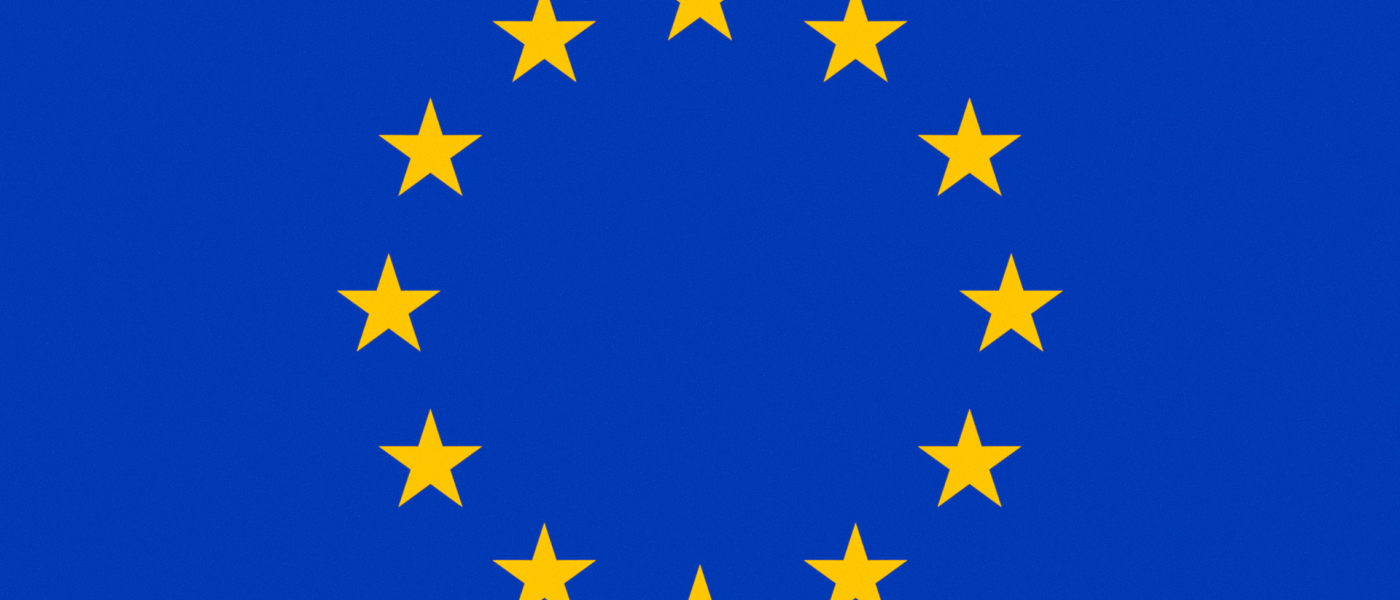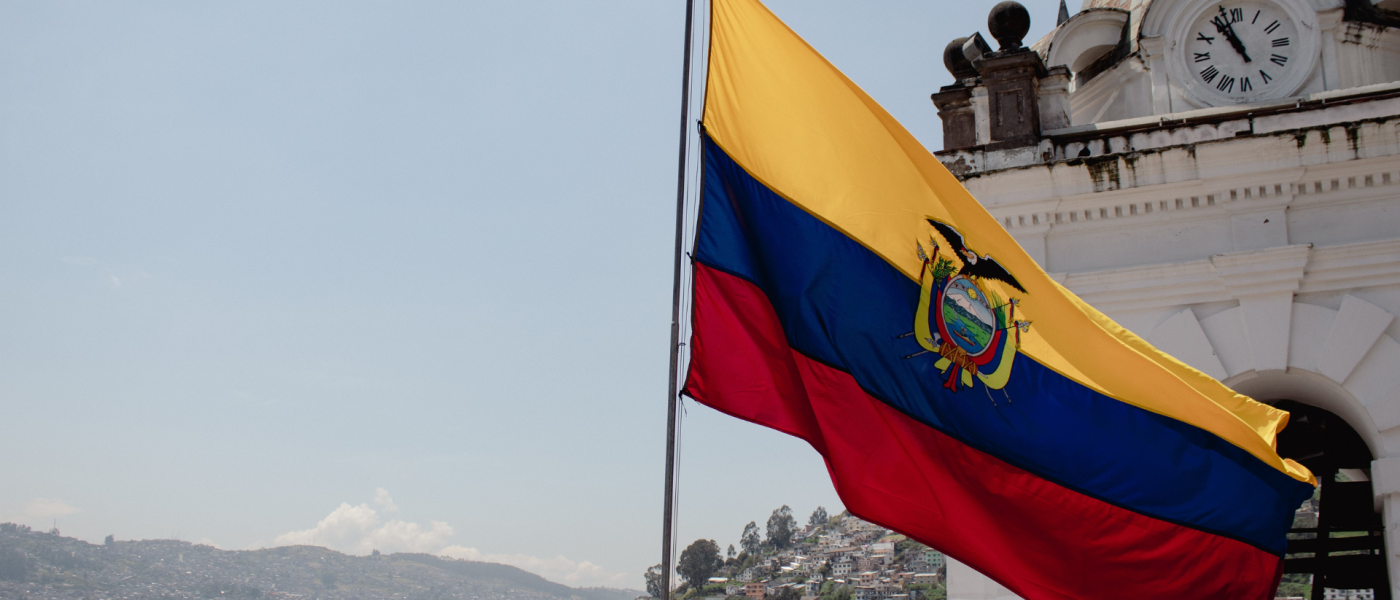Here are other information about environment, that could be used in essays.
Lire plus : Focus on the environment (1/2)
Greenpeace, a network that expose global environmental problems and try to act.
Greenpeace started out as an anti-nuclear protest group and went on to fight other causes as whaling or GMOs. A campaign should be organized to make public opinion aware of the threat posed by overfishing. Since its creation, 50 years ago, Greenpeace has acted on earth and in the water through non-violence principles to protect the environment and to promote pax. Today, they are financially independent and ideologically free.
Paris Accords in 2016: COP21
These accords are seen as a historic turning point, a success. Signatories (55 states, responsible for at least 55% of the greenhouse effect) agreed to limit global warming below 2°. It pledged to help poorer countries to invest in cleaner energies. Even the biggest polluters – China and the USA – ratified it, which gives hope regarding the global will to protect our environment.
For example, the USA had to cut their emissions by 26% over the next nine years. At the signing ceremony, Obama said: “I believe that history will judge today’s efforts as pivotal« . 2017: One of Trump’s first measures was to withdraw the USA from the agreement, the only country to do so. For Trump, climate change is a hoax. For him, it is not manmade but natural.
Even if other cops took place, this one os seen as the most important.
Main characters
- Scott Pruitt was chosen at the head of the EPA. Many Democrats fiercely opposed Pruitt’s nomination, over his refusal to hand over thousands of emails he exchanged with representatives of the gas, oil, and coal industries. Pruitt resigned following accusations of corruption in July 2018.
- Andrew Wheeler was confirmed as his permanent successor In January 2019. Wheeler is a former coal lobbyist.
- John Kerry: He is the actual United States special presidential envoy for Climate (democrat).
- Linda Maraniss, as director of the Center for Marine Conservation’s first regional office, organized Texas’s first coastal cleanup. In three hours, 3000 volunteers removed 124 tons of debris from 122 miles of coastline.
Impacts
Global warming impacts every aspect of our lives: health, food supply, economic growth, migration, security, societal change… River flooding, sea-level rise, extreme heat, drought/water scarcity, extreme precipitation, tropical storm…. The Great Pacific garbage patch, also described as the 7th Continent, is an accumulation of marine debris particles in the central North Pacific Ocean discovered between 1985 and 1988. The primary source of marine debris is the improper waste disposal or management of trash and manufacturing products, including plastics.
Environmental refugees as a direct result of climate change are already happening. Environmental migrants may choose to flee or migrate to another country, or they may migrate internally within their own country. An annual average of 21.5 million people has been forcibly displaced since 2008 due to climate change (floods, storms, wildfires, extreme temperatures).
Asia sees more natural hazards than any other region: in 2015, 85% of people displaced by sudden onset disasters were in South and East Asia. More than 42 million people were displaced in Asia and the Pacific between 2001 and 2011.
The gap is widening between the haves and the have-nots: socio-economic gaps between countries are to widen because poorer countries have more limited resources to cope with and adapt to the effects of climate change. Innovations implemented: hybrid electric vehicles and energy efficient appliances but those are costly. It is becoming a question of life and death for some nations: ex: Philippines (typhoons…)
This is unfair: climate change is largely caused by industrialized nations, but the burden is unevenly distributed with poor developing countries suffering
Green solutions exist to fight against climate change.
Renewable energy, clean technologies, effective waste management, improved freshwater provision and sustainable agriculture are some solutions that exist and that could be done to improve the situation.
It is important to notice that efforts are already done. For example, the quantity of renewable energy produced by the EU increased by 73,1% between 2004 and 2014 (renewable waste).
In Britain, some associations practice beach cleaning: it is a charity fight for a cleaner, better-protected, healthier ocean.
Waste disposal is becoming a major concern. Incineration and landfills are no longer seen as sustainable processes; consequently, westerners are now encouraged to recycle household waste.
Nuclear energy is a debated alternative: it does not produce greenhouse gases, but the waste produced is to be dealt with in the long term. Nuclear accidents as those of Chernobyl in 1986 and Fukushima in 2011 show the danger.
Concerning transport, everyone knows that taking a plane is much worse than any other mean of transport. The best mean of transport is still the train, with a very low emission of gas.
Lire plus : Responsabilité environnementale : une humanité, des humanités ?
























